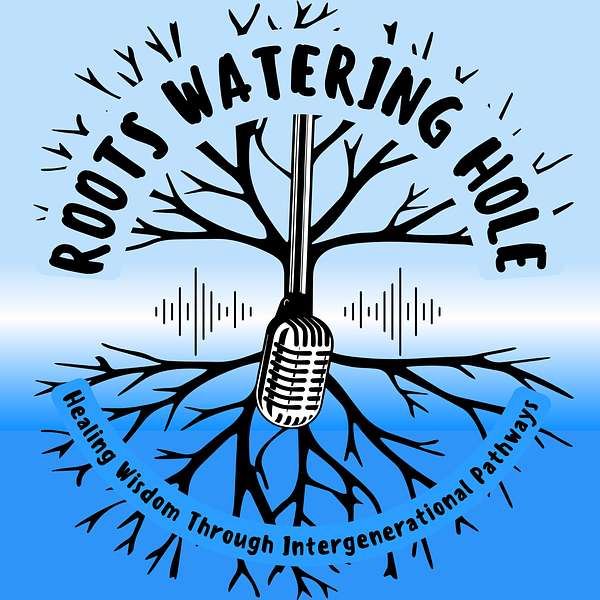
Roots Watering Hole Podcast Series
Roots Watering Hole Podcast Series
May 2023 Food Literacy Podcast
Hello, food literacy podcast listeners. Please find and listen to the May 2023 episode. You will receive a lot of information this month including an episode on soil done in session with our co-host and co-producer soil enthusiast and soil scientist Dr. Akilah Martin.
Rather than essentially repeating ourselves you will receive the encore episode of the May 2022 garden education podcast that has information regarding May gardening in Chicago.
On the food literacy front, we are focusing this month on basic cooking and cooking vegetables as an adjunct to increasing diet quality for our communities. Tune in and enjoy the episode and the additional content to get you going for the 2023 gardening season.
Let’s get cooking for ourselves and the environment...
The Harvard Health blog offers information about the benefits of cooking, be sure to check out the links within the blog post.
Check out how various cooking techniques affects the nutrient content of food. Then dig into the links about the Cooking Matters program at CPHP and basic guides to cooking and cooking vegetables.
You will find links to basic cooking classes and the Cooking Matters program in the show notes. In the future, we will be asking our listeners to provide their favorite recipes for distribution with the podcast. The cooking information in the show notes will focus on vegetables for this episode as it is important to increase produce consumption for our listeners and communities. Also, see the show notes regarding an essential for cooking, knife skills.
Pro Home Cooks Beginners Guide to Cooking
Pro Home Cooks Guide to Cooking Vegetables
I mentioned food, cooking, and the environment. A critical issue for us to confront as a society is food waste. According to the USEPA Reducing food waste presents opportunities to:
- Address climate change;
- Increase food security, productivity, and economic efficiency; and
- Conserve energy and other resources.
In the U.S., 30 to 40 percent of the food supply is never eaten, wasting the resources used to produce it and creating many environmental impacts. Food waste is the single most common material landfilled and incinerated in the U.S.
More than 85 percent of greenhouse gas emissions from landfilled food waste result from activities prior to disposal, including production, transport, processing, and distribution.1 In order to reduce these emissions, we need to prevent food waste from being generated in the first place. Cooking and eating what we grow, and purchase contributes to reducing food waste and increases food security.
https://www.epa.gov/sustainable-management-food/united-states-2030-food-loss-and-waste-reduction-goal
The views, thoughts, and opinions expressed are the speaker’s own and do not represent the views, thoughts, and opinions of the University of Illinois at Chicago, the OCEAN-HP, or the CPHP. The material and information presented here are for general information purposes only. While the podcast is designed to promote the development of healthy communities through food literacy, we offer no health advice and encourage our listeners to seek guidance from the healthcare providers of their choice.

